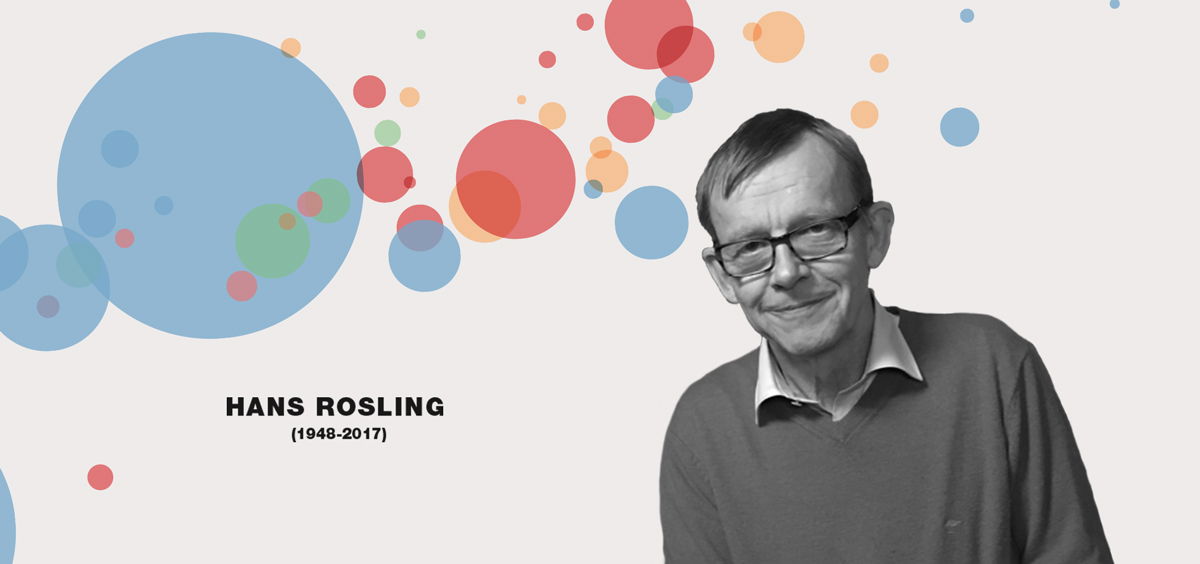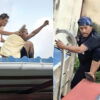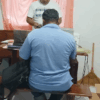FACTFULNESS, says the book’s author, Hans Rosling, MD, is “the stress-reducing habit of only carrying opinions for which you have strong supporting facts.”
We don’t see the world as it is, he adds. There’s simply too much information for us to process. So we look at what we call reality through our pre-conceived notions (politics, religion, personal experiences, biases, etc.). Rosling calls it our “attention filter” which, he adds, “is hard wired to make us care more about dramatic information,” and this “easily leads to a stressful over-dramatic impression of the world”: The sky is always falling! We always have to do something! Because it’s now or never! And now our inner Chicken Little can run amuck on social media which can quickly amplify and spread dire warnings of impending doom.
But Rosling also acknowledges that it would be hard for even the highest-quality news outlets to convey a neutral and nondramatic representative picture of the world. It would be just too boring, he says. “We should not expect the media to move very far in that direction. Instead it is up to us as consumers to learn how to consume the news more factfully, and to realize that the news is not very useful for understanding the world.”
For starters we should teach ourselves and our children the basic up-to-date fact-based framework. This, he adds, would enable us “to put the news from around the world in context and spot when the media, activists or salespeople are triggering their dramatic instincts with overdramatic stories.”
Here, Rosling says, are some of the facts that our children should know:
• There are countries on all different levels of health and income and that most are in the middle.
• Their own country’s socioeconomic position in relation to the rest of the world, and how that is changing.
• How their own country progressed through the income levels to get to where it is now, and how to use that knowledge to understand what life is like in other countries today.
• People are moving up the income levels and most things are improving for them.
• What life was really like in the past so that they do not mistakenly think that no progress has been made.
• How to hold the two ideas at the same time: that bad things are going on in the world, but that many things are getting better.
• Cultural and religious stereotypes are useless for understanding the world.
• How to consume the news and spot the drama without becoming stressed or hopeless.
• The common ways that some people will try to trick them with numbers.
• The world will keep changing and they will have to update their knowledge and worldview throughout their lives.
And most important of all, Rosling says, we should teach our children humility and curiosity. Our all too human instincts make it hard to get the facts right. So we have to be realistic about the extent of our knowledge, Rosling says. “It means being happy to say ‘I don’t know.’ It also means, when you do have an opinion, being prepared to change it when you discover new facts. It is quite relaxing being humble, because it means you can stop feeling pressured to have a view about everything, and stop feeling you must be ready to defend your views all the time.”
As for curiosity, Rosling says it means being open to new information and actively seeking it out. It also means “embracing facts that don’t fit your worldview and trying to understand their implications. It means letting your mistakes trigger curiosity instead of embarrassment. ‘How on earth could I be so wrong about that fact? What can I learn from that mistake?’ ”
When we’re always curious, says Rosling, we are always discovering something interesting. And when we have a fact-based worldview, “we can see that the world is not as bad as it seems — and we can see what we have to do to keep making it better.”
Read his book.
Send feedback to editor@mvariety.com












